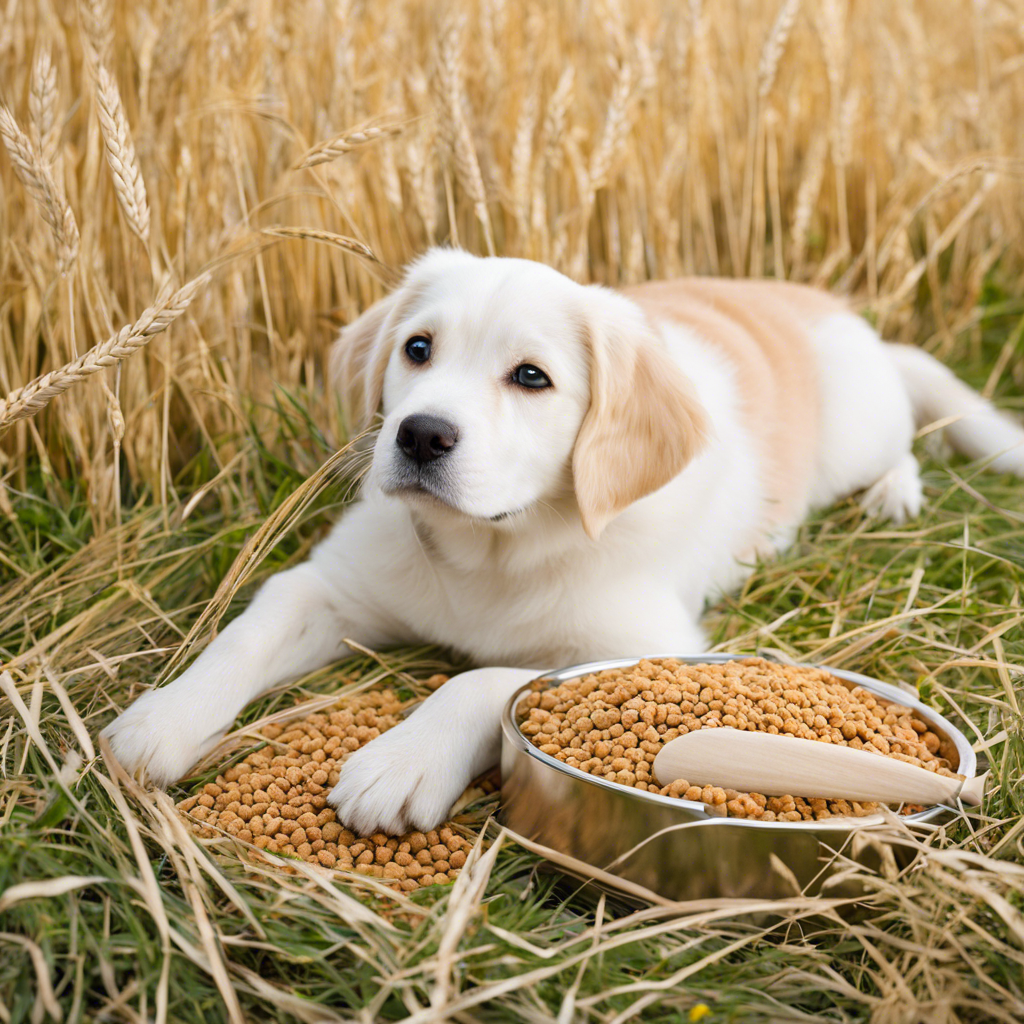Grain-free pet food has been a growing trend in the pet care market, but is it all it’s cracked up to be? As pet owners increasingly prioritize their furry friends’ health and well-being, the pet food industry has responded with various specialized diets. Grain-free options are one of the most popular, but they’ve also sparked debates among pet owners and experts. Let’s dig into the facts and uncover the advantages and potential drawbacks of grain-free pet food.
One of the primary reasons pet owners choose grain-free food is the belief that it mimics a more natural diet for dogs and cats. Wild canine and feline diets consist primarily of meat, and some pet owners argue that grains are unnecessary and potentially harmful. Grain-free diets typically feature high-quality animal proteins as the main ingredients, ensuring that pets receive adequate nourishment. Additionally, these diets often contain fruits, vegetables, and alternative carbohydrate sources like sweet potatoes or peas, promoting a balanced nutritional profile.
– Pros: By eliminating grains, pet owners believe they reduce the risk of allergies and digestive issues in their pets. This can be particularly beneficial for pets with known grain sensitivities or those who struggle with digestion problems.
However, it’s essential to consider the potential cons. Recent studies have raised concerns about a possible link between grain-free diets and dilated cardiomyopathy (DCM) in dogs, a severe heart condition. The FDA has been investigating this connection, but it is still not fully understood.
– Cons: While grain-free foods may benefit some pets, they might not be suitable for all. The absence of grains can lead to an imbalance in certain nutrients, such as fiber, which is essential for digestive health. Some pets may also experience nutrient deficiencies if their grain-free diet is not carefully formulated.
In conclusion, grain-free pet food can be a healthy option for many pets, but it should be chosen with caution. Pet owners should consult with veterinarians to determine the best diet for their furry companions, considering individual health needs and potential risks.
